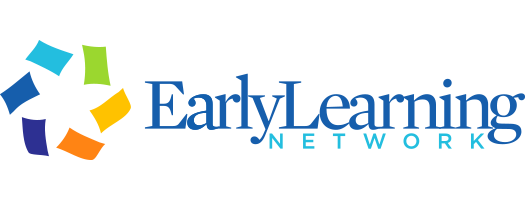20 Feb Leveraging the network research model to help close the achievement gap
Q&A with Elizabeth Albro
In the following interview, Elizabeth Albro, commissioner of the Institute of Education Sciences’ National Center for Education Research, shares her perspective on the value of network research models and the potential for the Early Learning Network’s collective research to contribute to the knowledge base for early learning and for closing achievement gaps for all children.
What are “network research models?”
Many problems in education are so large that they require more than one team to address them. By forming a network, we can get multiple different perspectives and multiple teams working on the same problem together to help accelerate the research trajectory.
What does IES hope to learn from the Early Learning Network’s nationwide research studies?
Through the Early Learning Network, we are hoping to accelerate what we know about how to preserve the advantages of early education, particularly at closing achievement gaps across elementary school, into third grade, and potentially even beyond third grade.
We have six teams working concurrently, trying to think about the same problem in different locations. Because they’re all asking the same question, the hope is that the diversity and complexity of the answers will help us convey a clearer, more coherent message that also reflects the diversity of experiences young children have across the nation.
Why is early learning an important research area to invest in?
Early learning is a tremendously important area to invest in because learning is a developmental process — and everything begins when kids are small.
Language learning happens from the time kids are born, and kids begin learning basic concepts of numbers when they are little.
We know that children have different experiences before they enter school, and early learning is the place where we can, if you will, level the playing field so that as many kids as possible can have the skills and tools they need to benefit from education in K-12 and beyond.
Watch interview with Elizabeth Albro.
The Early Learning Network is funded by the U.S. Department of Education’s Institute of Education Sciences.

